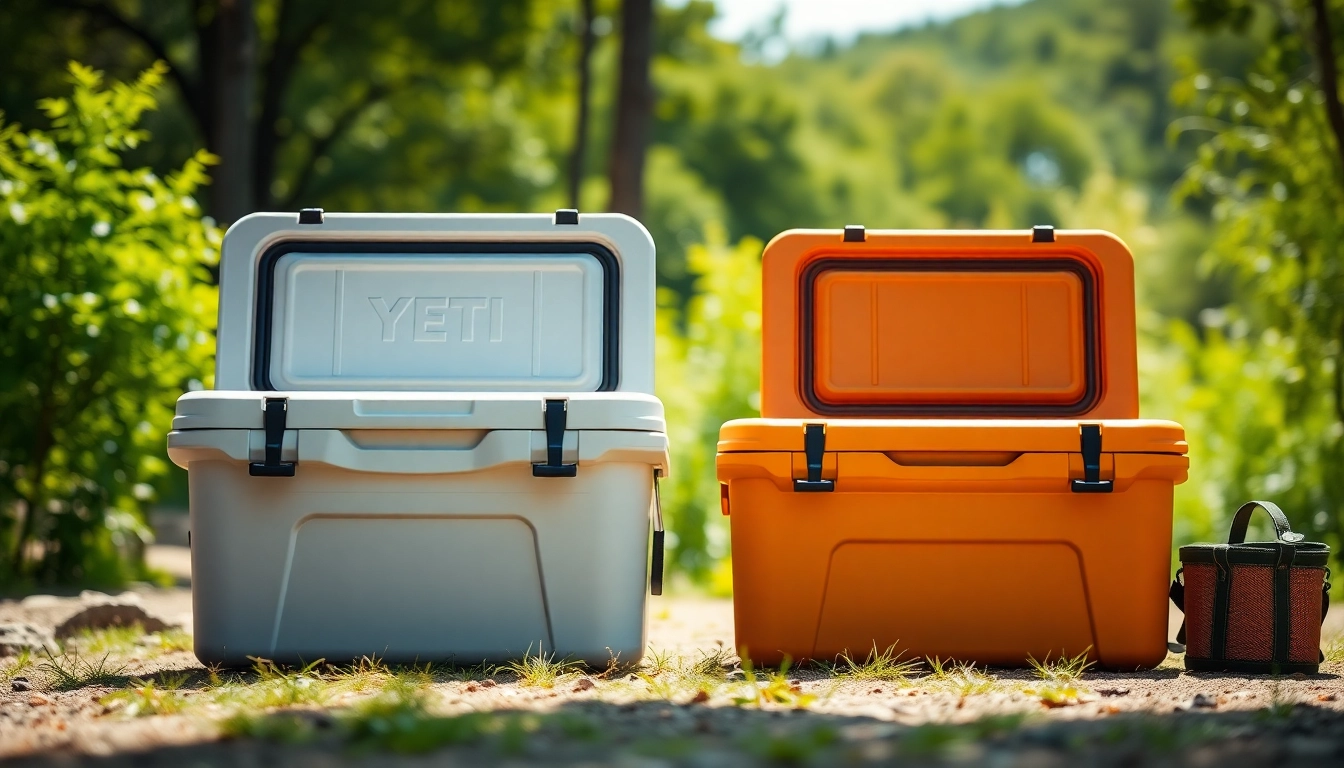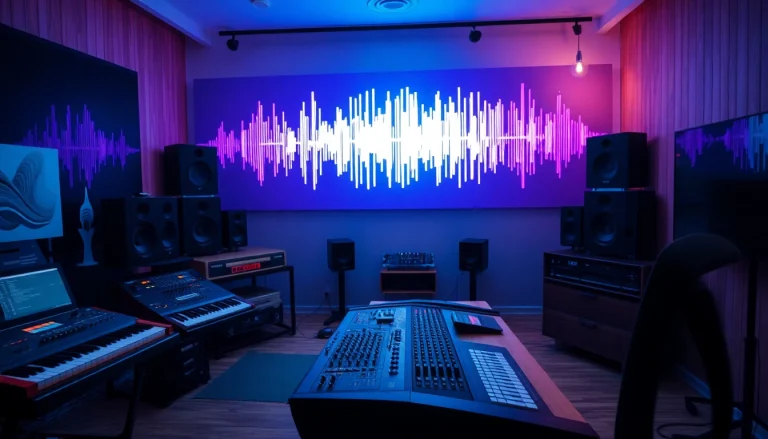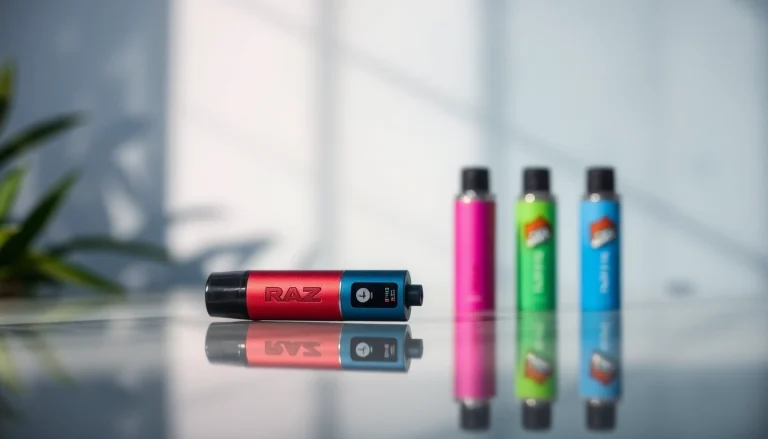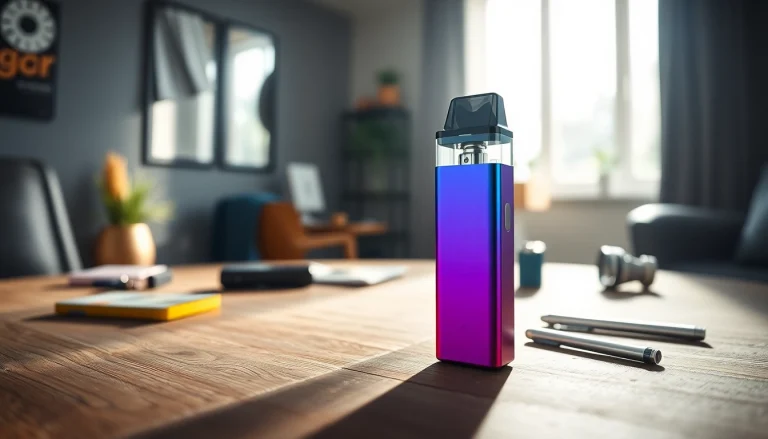Understanding Yeti Coolers and Their Market Position
History and Popularity of Yeti Coolers
Founded in 2006 by brothers Roy and Ryan Seiders, Yeti Coolers quickly established itself as a premium brand in the outdoor gear market. Originating from a desire to create durable and effective coolers for hunting and fishing trips, Yeti has since transformed the perception of what a cooler can be. Their products are not just functional; they’re designed to withstand harsh environments while maintaining an aesthetic appeal. As a result, Yeti has garnered a strong following among outdoor enthusiasts, tailgaters, and casual users alike.
Key Features that Define Yeti’s Quality
What sets Yeti Coolers apart from others are their superior insulation, robustness, and innovative features. Built with rotomolded construction, Yeti coolers are virtually indestructible. They offer exceptional ice retention, often keeping contents cold for days at a time, thanks to their thick walls and insulation. Additionally, Yeti models come equipped with features such as non-slip feet, heavy-duty latches, and drainage plugs, catering to the needs of serious adventurers. These elements contribute to Yeti’s reputation as a reliable choice for anyone looking to enjoy the great outdoors.
Why Seek Alternatives to Yeti Coolers?
While Yeti coolers are recognized for their quality, the price point can be a considerable barrier. Many consumers seek alternatives that provide similar performance without the premium cost. Moreover, various brands have emerged that focus on specific needs, such as weight, portability, or specialized features. Understanding what cooler is comparable to yeti can greatly enhance the outdoor experience for budget-conscious adventurers and casual users alike.
What Cooler is Comparable to Yeti? Key Competitors
Overview of Popular Yeti Alternatives
The market features a diverse array of coolers that rival Yeti in terms of performance and durability, often at a more attractive price. Brands such as Pelican, RTIC, and Igloo offer strong competition, each with their unique attributes. For instance:
- Pelican: Known for ruggedness and heavy-duty construction, Pelican offers excellent insulation and durability.
- RTIC: Marketed as a cost-effective alternative, RTIC provides similar features to Yeti, often at a lower price point.
- Igloo: With a range of products from budget-friendly to high-performance, Igloo caters to a variety of outdoor needs.
Price Comparison: Is Cheaper Just as Good?
When it comes to pricing, Yeti coolers can cost upwards of $300, depending on the model and size. In contrast, many alternatives range from $150 to $250. However, price isn’t the only metric to measure value. Analyzing the price against the features and performance metrics helps consumers determine if an alternative is a suitable option. For example, while an RTIC cooler may save you money, it’s crucial to assess if it meets your ice retention and build quality requirements.
Highlighting Unique Features of Each Alternative
Each competitor brings forth unique selling points that may cater to specific user needs:
- Pelican: Features a lifetime warranty, offering peace of mind for long-term use.
- RTIC: Known for lightweight design, making them easier to transport without compromising on quality.
- Igloo: Often includes additional features like built-in cup holders and wheels for easier transport.
Performance Metrics: How Do They Stack Up?
Insulation and Temperature Retention
Insulation is a top criterion for evaluating coolers, as it directly affects performance. Yeti’s thick insulation can maintain ice retention for several days. However, brands like Pelican and RTIC have been tested to match these levels, often keeping ice for 5 to 7 days depending on conditions. For weekend camping trips, these alternatives often suffice while delivering substantial cost savings.
Durability and Construction Quality
Durability is essential, especially when engaging in rugged outdoor activities. Yeti coolers are constructed to last, often described as “bear-proof.” However, alternatives like Pelican utilize equally strong materials. Pelican coolers are made with impact-resistant plastic, making them a favorite among adventurers who prioritize sturdiness over other factors.
Portability and Weight Considerations
Portability can make a significant difference, particularly for those who travel frequently. Yeti coolers can be heavier due to their robust construction. In contrast, RTIC cooler models are designed to be lighter while maintaining performance, which is indispensable for hikers and campers who need to carry their gear over long distances.
User Experiences: Reviews and Testimonials
Real World Testing: Feedback from Users
User experiences with Yeti and its alternatives provide valuable insights into practical performance. Many users commend Yeti for its reliability during extended camping trips. However, alternative brands like RTIC and Igloo also receive praise for outperforming expectations regarding ice retention and durability in real-world scenarios. Consumer reviews often indicate that while Yeti is a solid investment, many competitors hold their ground impressively.
Common Complaints about Yeti and Alternatives
Despite their accolades, both Yeti and its competitors face criticisms. Common complaints about Yeti include the high price and occasional durability issues associated with its handles. For alternatives, complaints may revolve around lesser-known brands’ customer service and warranty issues, which can be a concern for consumers looking for a dependable long-term investment.
Best Use Cases for Each Cooler Type
Choosing the right cooler often depends on the intended use:
- Yeti: Best suited for serious adventurers looking for long-term durability and performance on extended trips.
- Pelican: Ideal for those who prioritize extreme ruggedness and have a more significant budget for adventure gear.
- RTIC: Excellent for casual campers or picnickers who want to balance price and performance.
- Igloo: A great choice for light use, such as day trips to the beach or park with family.
Choosing the Right Cooler for Your Needs
Factors to Consider Before Buying
Before making a purchase, several factors should influence your cooler decision:
- Purpose: Define how you plan to use the cooler. A heavy-duty cooler may be unnecessary for a simple day out.
- Capacity: Assess the amount of food and drink you’ll need to store; larger capacities are ideal for group trips.
- Durability vs. Portability: Consider whether you prefer a cooler that can withstand harsh conditions or one that is easier to transport.
Evaluating Cost vs. Performance
It’s vital to align your budget with the performance you expect. While Yeti coolers may promise optimal performance for demanding outings, evaluate whether a less expensive cooler meets your needs adequately. Often, brands such as RTIC and Pelican deliver similar performance without the hefty price tag, serving as brilliant alternatives for those on a budget.
Final Recommendations for Various Activities
Depending on your activity type, the right cooler varies widely:
- Camping: Consider Yeti or Pelican for long trips where durability and ice retention matter.
- Tailgating: RTIC’s portability and lighter weight make it perfect for easy transport.
- Beach Days: Igloo’s integrated features enhance convenience for casual outings.





